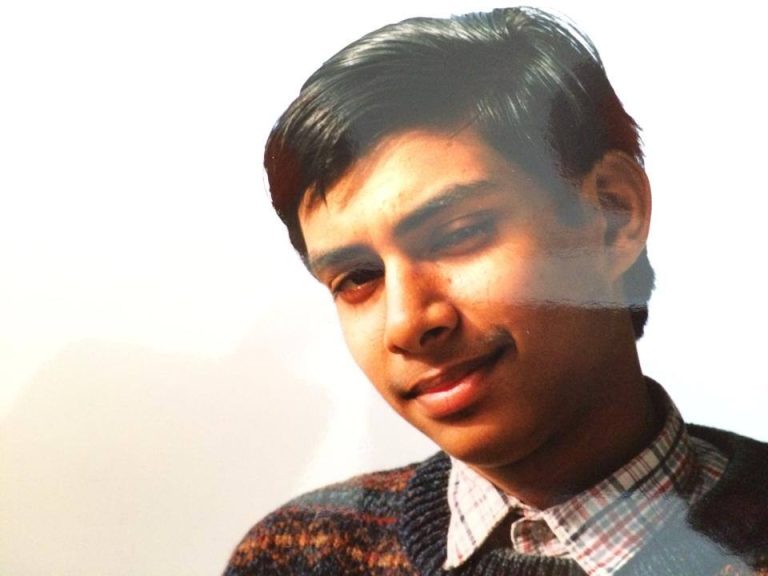How I went from failing maths to becoming a global maths tutor
By the time I was 11, I had already lived in five different countries. By 13, I had quietly fallen behind in mathematics and failed my end-of-year exam. It wasn’t for lack of intelligence. It wasn’t even for lack of effort. I was just lost in a cycle of constant school transitions, new languages, and…
